Since the Kremlin launched a special military operation in Ukraine 18 months ago, the Russian economy has been hit by an unprecedented barrage of sanctions from the UK, US and EU.
But the cracks, loopholes and blind spots in the Western sanctions regime have allowed Moscow to continue to “make a killing”.
“Loopholes” in the financial system
Sanctions targeting a wide range of Moscow's industries and trade have “catastrophically crippled” the Russian economy , a Yale University study from July 2022 said, citing the collapse of the ruble and a mass exodus of Western companies from the Russian market.
Moscow’s economy, however, has shown remarkable resilience. Its GDP – an indicator of economic health that measures the total value of goods and services a country produces – is forecast to grow 0.7% this year, while other European economies are in recession and stagnation, according to a recent Reuters poll.
There are many reasons for Russia’s economic strength. But some experts argue that Western sanctions have so many blind spots, loopholes and cracks that they are unlikely to hurt Russia’s “pocket”.
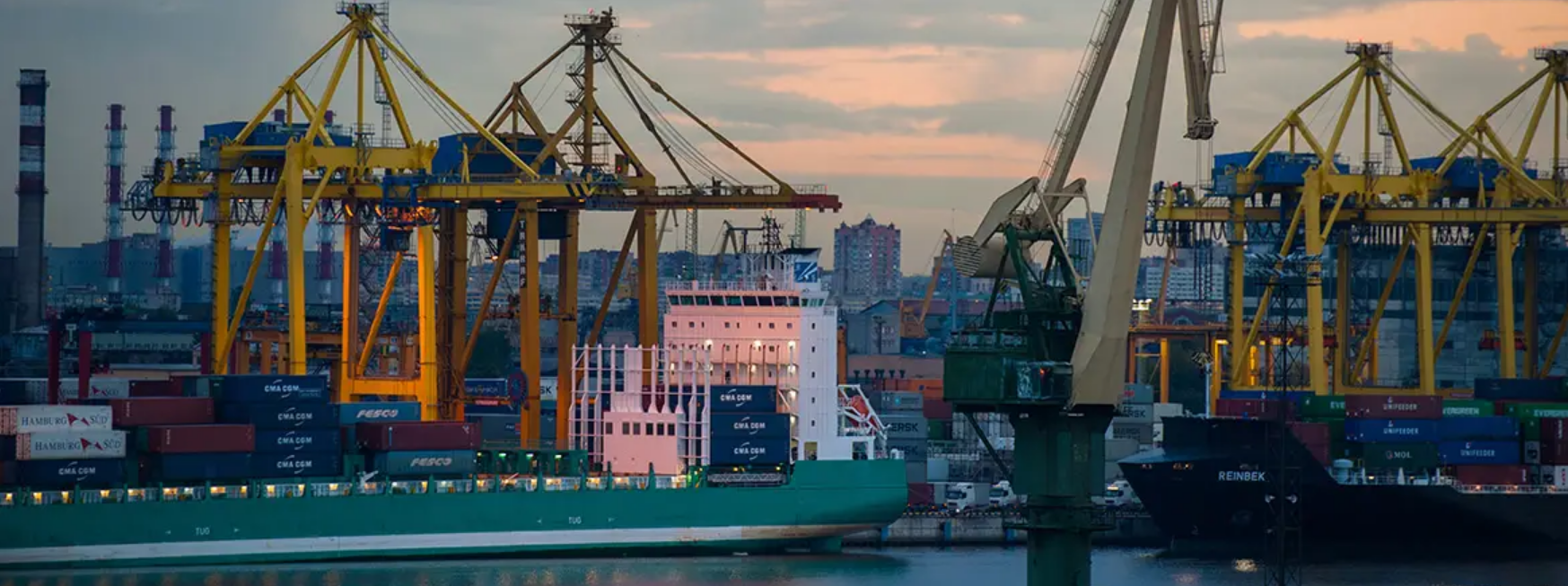
A Russian cargo ship is being loaded in St Petersburg. Photo: RUSI
“There are a lot of gaps in the current sanctions regime,” Tom Keatinge, director of the Financial Crime and Security Research Centre at the Royal United Services Institute (RUSI), told Euronews.
The first “vulnerability” comes from the financial system, with banks that deal with Russia still operating in the West, according to Mr. Keatinge.
While these payments ostensibly for energy imports are still allowed in some cases, Mr Keatinge said the transactions are “very difficult to monitor”. That means payments for oil and gas can be a disguise for purchases of other items, such as high-tech military goods.
The same goes for companies involved in other sectors with more humanitarian aims, such as food and pharmaceuticals, Mr. Keatinge continued.
“There is always a risk that a batch of drugs or similar drugs being exported could be a cover for something else. I am not against leaving loopholes for humanitarian purposes if they are properly identified and managed,” he said.
Funding for the “war chest”
Another loophole the RUSI analyst mentioned is that many specific sectors remain unpunished.
Diamonds are one such example. Despite restrictions imposed by the US and the UK, the European Union (EU) continues to exempt the precious stone from the 11th round of sanctions against Russia.
This allows the world's largest diamond producer to continue accessing one of its key markets.
“Governments are trying to figure out how to plug those loopholes in a way that doesn’t put too much pressure on their pockets,” Keatinge told Euronews, citing Belgium as an example. The Western European country’s desire to protect its diamond industry helps explain why sanctions on Russian diamonds have been delayed.
However, Mr Keatinge warned that sanctions are a complex issue. While many “unpleasant” trade activities are taking place, some are “very difficult to curtail, such as the ongoing trade in nuclear fuel”.

The famous Diamond Quarter in Antwerp, Belgium. Photo: Luna Jets
The Associated Press reported in August that Moscow has earned hundreds of millions of euros from selling nuclear fuel to the United States and several European countries, which are completely dependent on uranium from Russia.
Not imposing sanctions on some other items, such as medicines for Russian civilians, is also “perfectly reasonable” because it would pose a “huge propaganda target” for the West, Mr Keatinge added.
At the heart of this are debates about how sanctions work and what their ultimate purpose is.
“It is a mistake to think that sanctions are an all-or-nothing affair,” Mr. Keatinge stressed.
“It’s obviously not possible to impose sanctions everywhere for it to work,” he explained. “There are a lot of restrictions in place. But there are cracks in the system – where money and commerce, like water, will find a way to seep in.”
What needs to be done, says the RUSI expert, is to minimise the number of these cracks, loopholes and blind spots. Leaving these “loopholes” in place does not necessarily mean weakening the overall sanctions regime, as they are clearly having an impact.
Problems for third countries
While welcoming the scrutiny of what is lacking in the Western sanctions regime, Mark Harrison, Emeritus Professor of Economics at the University of Warwick (UK), said it was important to make Russia “pay a higher price”.
“The real purpose of economic warfare is to increase the costs to your adversary by forcing them to adapt,” Professor Harrison told Euronews. “You can’t blockade the Russian economy. But what you can do is make it progressively more expensive for Moscow to maintain its relationship with the rest of the world.”
“Modern economies are very difficult targets. That doesn’t mean they’re not worth attacking. It means we need realism and patience,” Professor Harrison said.
Russia's fossil fuel revenues – on which its economy depends – fell by more than a quarter in January 2023 compared to the same period last year, according to the International Energy Agency (IEA).
The final problem with the Western sanctions regime that experts raise is that third countries are not protected.
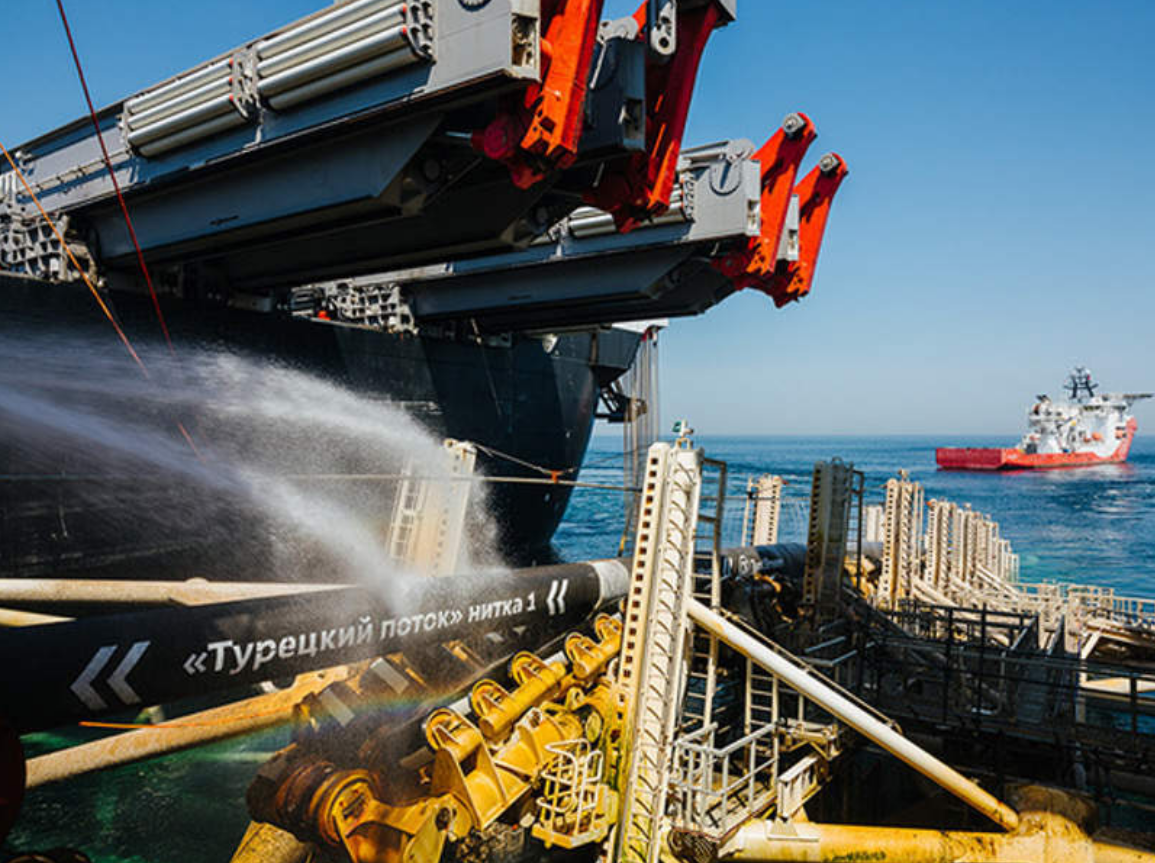
The TurkStream pipeline carries gas from Russia to Türkiye and southeastern Europe. Photo: NS Energy
This means that other countries with more ambivalent views on the war in Ukraine, such as Türkiye, Kazakhstan and India, could act as intermediaries for sanctioned goods to be transported through their territories to or from Russia – circumventing the sanctions.
“Many in Europe have overlooked the fact that Russia – which is the target of sanctions – is certainly not going to sit back and let things be. They are restructuring and reorganising their economy,” said RUSI’s Keatinge.
India has been ramping up purchases of Russian crude, which some say is sold as a refined product, helping Moscow evade sanctions, Euronews reported in May.
Delhi has defended itself, saying it cannot afford to pay for more expensive energy imports from countries other than Russia, leaving millions of people living in poverty.
“If you block trade on one route, it will find another route to take,” Professor Harrison noted, citing a historical example from World War I, where exports were “simply diverted” through neutral European countries after Britain imposed a naval blockade on Germany.
“Sanctions are a political tool”
Even among Ukraine’s Western allies, Mr. Keatinge said, sanctions were being implemented “inconsistently.” For example, some countries were more active in buying Russian oil products than others, and some Russian banks were still able to use the SWIFT payment system.
“That is not to challenge the sanctions, but it makes things a lot more difficult when it comes to making sure that the restrictions are being imposed properly,” Mr Keatinge told Euronews.
Hungary, the central European country led by nationalist leader Viktor Orban, has maintained friendly relations with Moscow and continues to buy Russian energy. In April, Budapest finalized an energy deal with Moscow that allows Hungary, if needed, to import more gas than agreed in a long-term contract revised last year.
The Hungarian government has lobbied hard in the EU for an exemption from any sanctions on Russian gas, oil or nuclear fuel, and has threatened to veto proposed EU actions against Moscow.
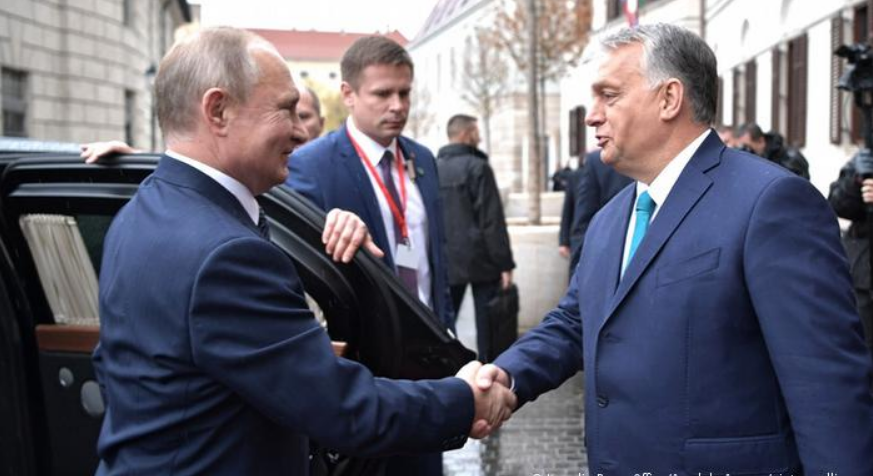
Russian President Vladimir Putin shakes hands with Hungarian Prime Minister Viktor Orban on a street in Budapest. Photo: DW
In Austria, another central European country heavily dependent on Russia for energy, there are some concerns about sanctions fatigue, with one political party saying the restrictions imposed last October should be put to a referendum.
“Sanctions are a political tool,” Mr Keatinge told Euronews. “If the leadership in a country does not send a strong message about sanctions, why would the industries in that country feel the need to comply?”
The EU signaled in July that its sanctions against Russia would be strengthened over time, with the bloc seeking to plug existing loopholes and limit new ones that arise.
These could extend to sanctions against countries seen as “facilitating” Russia, although this is uncertain, Professor Harrison said.
“By forcing Russia to take costly measures that consume its resources, we weaken it both at home and on the battlefield. That is the goal here,” the professor concluded .
Minh Duc (According to Euronews, AP)
Source


![[Photo] Hanoi morning of October 1: Prolonged flooding, people wade to work](https://vphoto.vietnam.vn/thumb/1200x675/vietnam/resource/IMAGE/2025/10/1/189be28938e3493fa26b2938efa2059e)
![[Photo] Keep your warehouse safe in all situations](https://vphoto.vietnam.vn/thumb/1200x675/vietnam/resource/IMAGE/2025/10/1/3eb4eceafe68497989865e7faa4e4d0e)

![[Photo] President of the Cuban National Assembly visits President Ho Chi Minh's Mausoleum](https://vphoto.vietnam.vn/thumb/1200x675/vietnam/resource/IMAGE/2025/10/1/39f1142310fc4dae9e3de4fcc9ac2ed0)



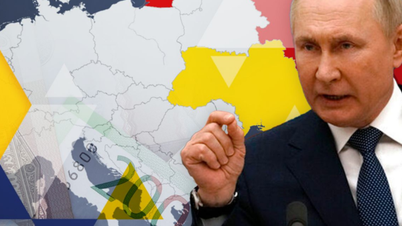
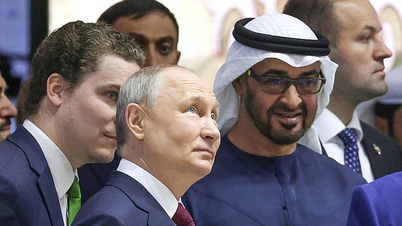
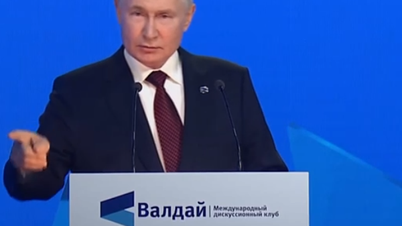
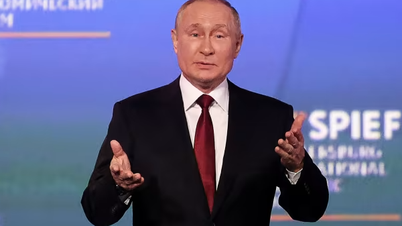



























































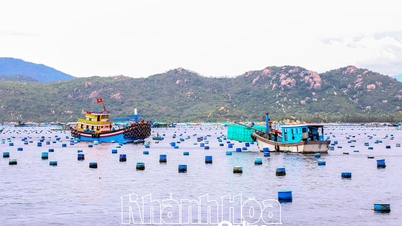


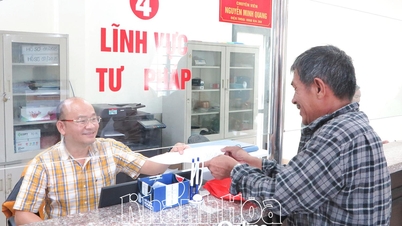
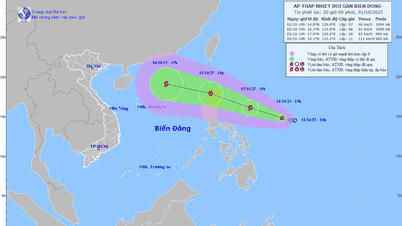

















Comment (0)